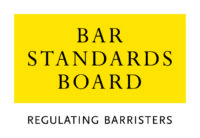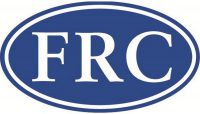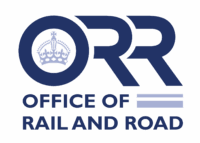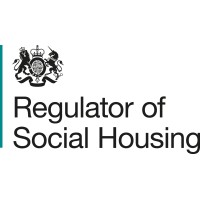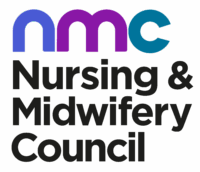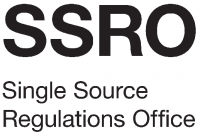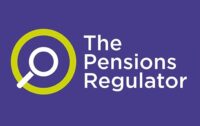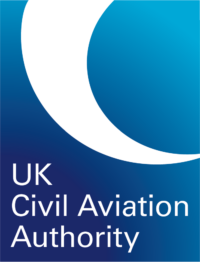Our purpose ‘excellence through collaboration’
As a member-led organisation UKRN strive to deliver excellence through collaboration, we aim to achieve this by;
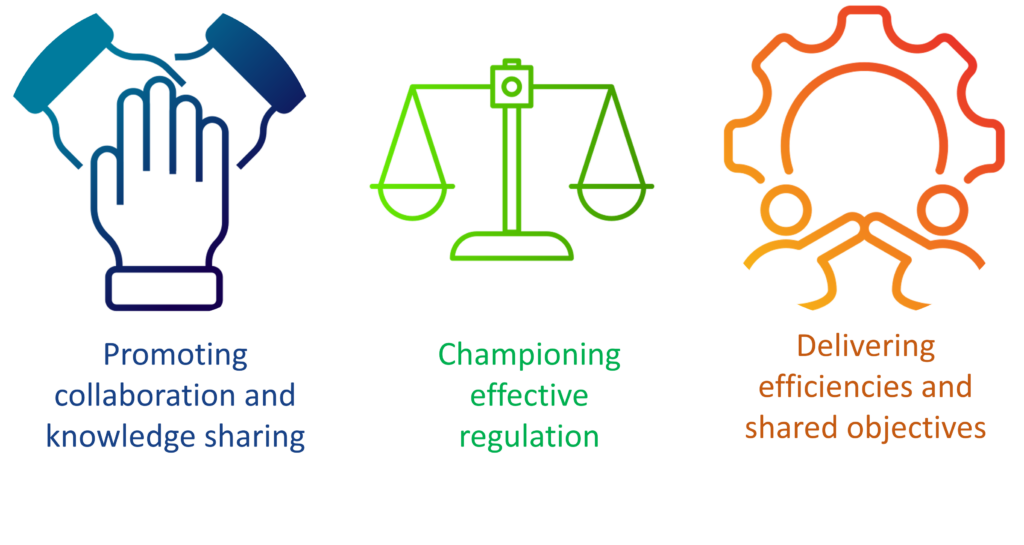
How we operate
UKRN’s activities can be characterised as covering three areas – with collaboration accounting for the majority of UKRN core team resource:
- Collaboration includes resources to coordinate and service UKRN’s many networks, groups, governance and stakeholder management – facilitating meetings, responding to enquiries and linking activities. This also includes all UKRN events, including support for events held in partnership.
- Operational support includes UKRN support for efficient running of members operations – such as COOs, HR Directors, D&I activities and any future Jobs Board, and also reporting on UKRN’s performance.
- Project-based / thought-leadership includes engaging government and key stakeholders to horizon scanning for issues relevant to our membership, and focused projects in response to members’ needs. This would also involve engagement with thinktanks and UKRN attendance at events and conferences on behalf of our regulator community to explain the benefits of effective and independent regulators, to engage on our priorities, and to help create new and more effective regulatory approaches.
Our business planning
Our six core objectives are defined in our three year strategy and are supported by identified outcomes:
- our strategy document sets out the relevant outcomes that we will seek to achieve against our six core objectives.
- our outcomes are written in terms of what we intend the world to look like at the end of the strategy – these are areas where the UKRN has significant control. We have tried to think in terms of the things that we may be able to measure (at least indirectly).
The annual delivery plan describes the output activity planned to achieve our objectives:
- our outputs (i.e. specific projects) and measures (i.e. KPIs) will go into the Annual Delivery Plan(s) and these are the areas that we can flex each year to changing circumstances, to best deliver our stated outcomes.
The final element of our business planning is the annual review, which will measure our performance and endeavour to report the extent to which we delivered what we said we would.
Our strategy
We produce a multi-year strategic plan that is developed through extensive engagement with our members, our independent Expert Panel, and in consultation with key stakeholders from government, external partners and interested parties.
Our published strategy represents the next stage of our evolution and reflects the thinking of our members, who;
- Strongly support maintaining the institutional form and independence of UKRN.
- Universally value UKRN’s collaboration focus, networking and information sharing.
- Have an appetite for UKRN to use its convening power to do more on horizon-scanning for the biggest disruptors and issues of cross-cutting interest.
In March 2024 we published our second three-year strategy, which sees a renewed commitment from all of our members to support UKRN in helping to collectively rise to shared challenges – to be more than the sum of its parts.
Our strategy sets out our response through 6 core objectives:
- Promoting collaboration
- Supporting the Net Zero transition
- Addressing Vulnerability
- Supporting sustainable economic growth and resilience
- Championing effective regulation and telling our story
- Making regulation an attractive career choice

Our forward work programme
Each year, the UKRN publishes an Annual Delivery Plan (ADP) which sets out the activities that deliver the outcomes for each of our core strategic objectives set out in the UKRN strategy 2024-27. Our latest Annual Delivery Plan covers the period April 2025 to March 2026.
The Annual Delivery Plan is a forward look, therefore the activities set out are not exhaustive of what we expect we will do in the upcoming year. Inevitably, shifts in the geopolitical, macroeconomic and governmental landscape means that we will need to prioritise action to respond to extraordinary requirements or requests for targeted and topic-driven engagement.
As an organisation, we retain the agility and flexibility to adapt to the needs and priorities of our members.

How we prioritise
In developing shared approaches to tackling common issues across the sectors we regulate; our members and stakeholders have told us it is important that UKRN is agile and able to adapt to address new risks and take new opportunities to deliver our core objectives.
Our resource is allocated in accordance with the core objectives and outcomes, outlined as priorities in our strategy document. However, when faced with unexpected requests or potential projects, we have adopted guidance that allows us to evaluate case by case requests.
Examples of the questions from this criteria include;
- Does it align with one or more of UKRN’s core objectives?
- Is interest shared across our membership? In particular:
- is this area tackling real or potential consumer harm?
- does it represent the common interests of a significant group of members?
- is there a gap in this area where joint-action would best be focussed?
- are members who don’t share the interest able to step-back?

